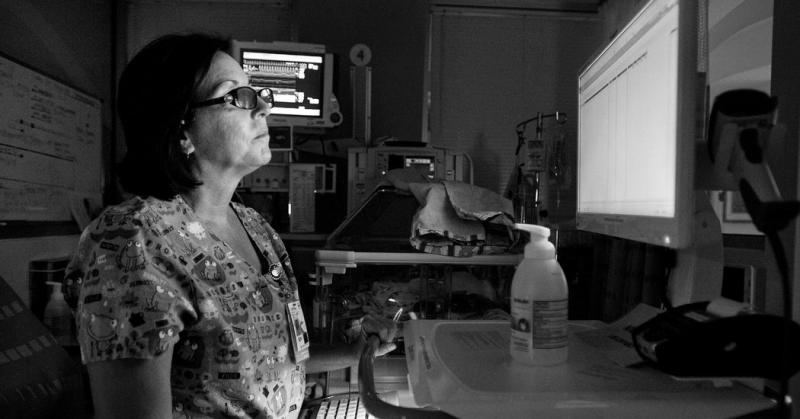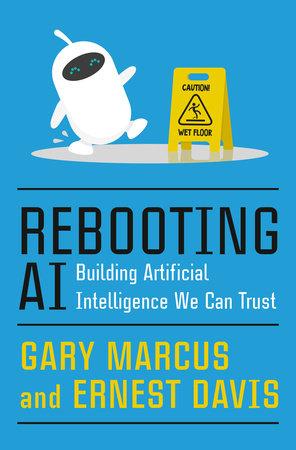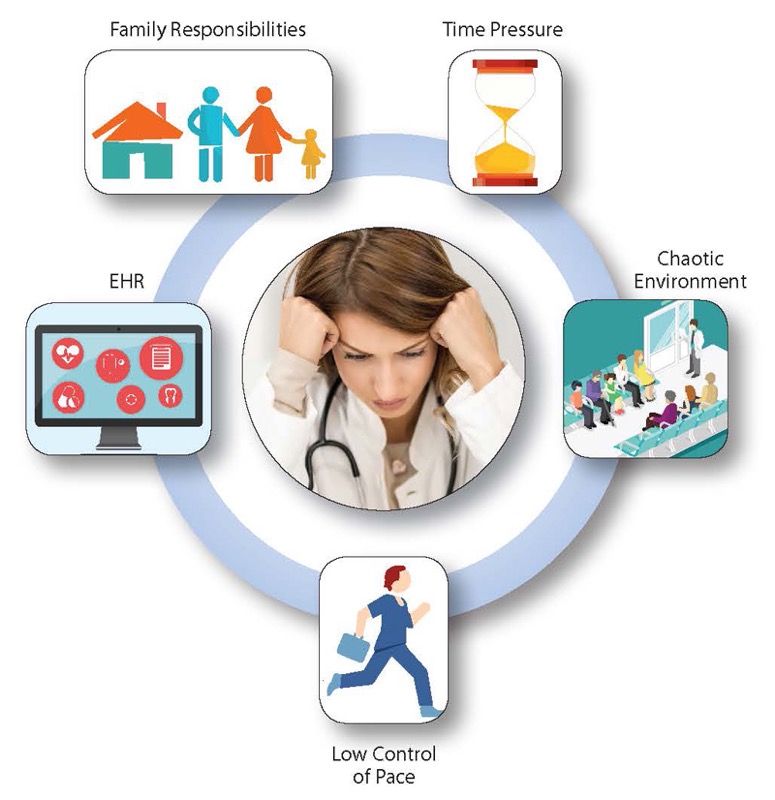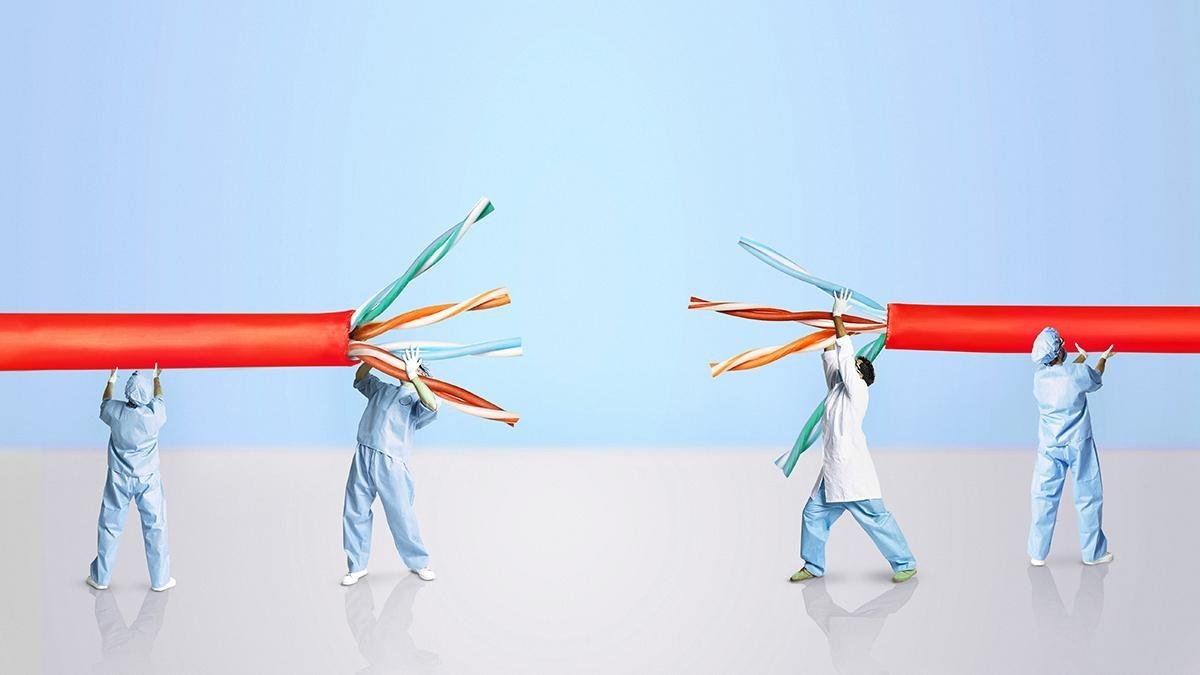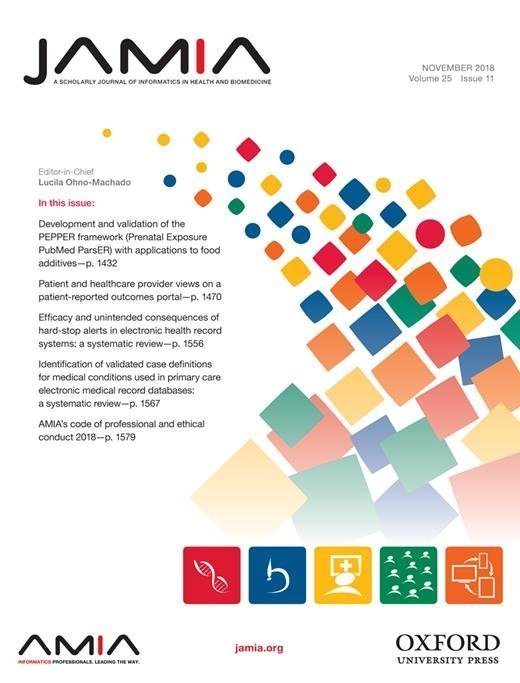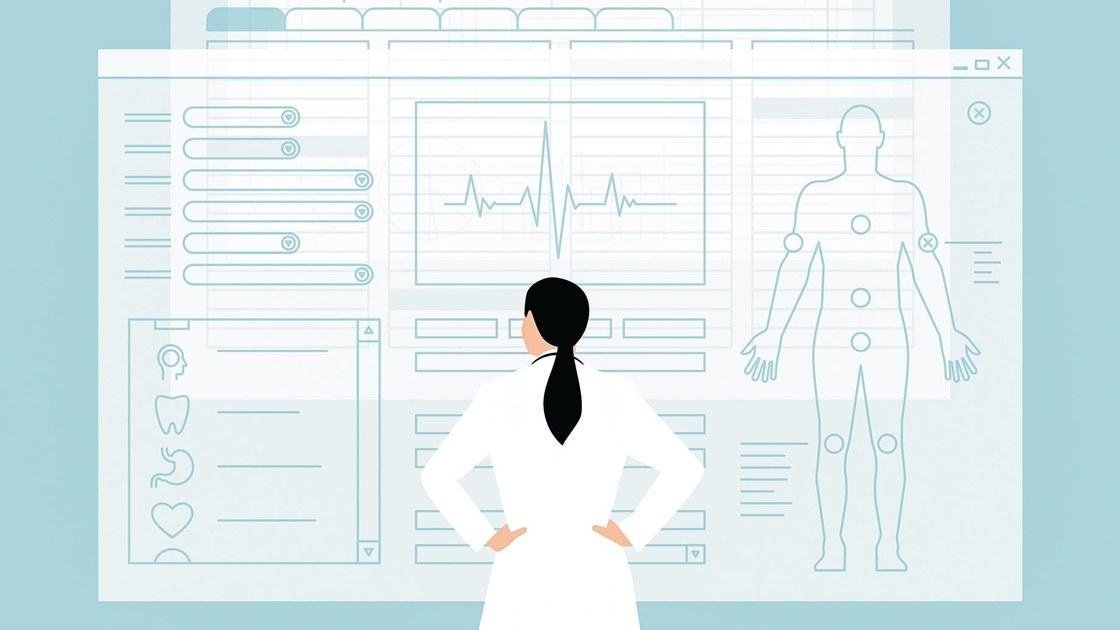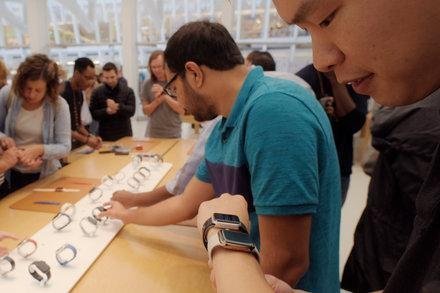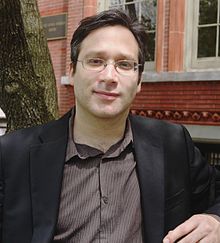My thanks to Vic Gatto of Jumpstart Foundry for the interview to discuss ScribeLink.
https://lnkd.in/gNxCNPi #healthcareproviders #physicianburnout #patientcare
What a wonderful honor! Our thanks and appreciation to Jumpstart Foundry for selecting ScribeLink to join their 2019 portfolio. We look forward to working with their experienced team as we strive to reduce physician clerical burden and improve healthcare.
Wonderful article confirming our experience at ScribeLink
No surprises here…
The Op-Ed below speaks for itself.
Not too surprising “face computers” such as Google Glass sit near the top of the list. ScribeLink initially researched using smart glasses for our services. After three months, we knew Google Glass was unusable and after six months, our research demonstrated ALL smart glasses had prohibitive drawbacks. User comfort, scribe to physician communication, and interference with the physician – patient interaction ranked as the greatest barriers.
ScribeLink then spent the next three years developing an approach that would fit well into the clinical environment to allow physicians to return their focus on patient care and not clerical work. Goals achieved!
The data on the seriousness of the issue continues to accumulate. We founded ScribeLink to help.
Honored that Professors Gary Marcus and Ernest Davis mentioned me in their wonderful book- Rebooting AI: Building Artificial Intelligence We Can Trust. The book overviews the challenges facing AI and how a new approach is required if we wish for AI technology to approach a thought process closer to humans.
Even those not in the technical field will find it a great read; for those in the computer sciences, a must!
Michael Tutty pens a great article summarizing the factors causing EHR inefficiencies. The piece also lists potential solutions.
Nice article by Dr. Pearl- He agrees AI will take a decade or more to independently perform medical documentation and until then, scribes offer the best solution. Dr. Pearl confirms that in-person scribes are cost prohibitive. I would add the high workforce turnover also causes problems. The article states that tele-scribes have excellent potential but security and quality have slowed adoption. Guess what? ScribeLink has overcome these issues! We stand as an ideal solution to physician burnout and EHR related inefficiency.
Without a human scribe overseeing and editing the medical note, using AI for physician documentation will give poor results. The one quote in this great article that encapsulates why- “Though a supercomputer will always surpass the human brain in terms of pure speed, the brain is beyond complex in its ability to reprioritize salient data inputs from multiple sources. ”
That is exactly what a scribe must do and a computer cannot: 1. Comprehend dialogue from multiple persons in a conversation, 2. Assess other important information (test results, prior notes, etc), and 3. Make a value judgement on what components of this data are important and how they should be represented in the patient chart.
Massachusetts Medical Society and Harvard School of Public Health have put out an interesting paper. They argue physician burnout ranks as a public health crisis, and I agree. While the article makes several excellent points, the authors fail to recognize that no matter how advanced the design of an EHR, the data entry burden will still fall on the physician. Likewise, physician wellness support systems and reduction in documentation requirements for payment will have limited impact if doctors still are the main persons entering patient data into the EHR. Lastly, the article overestimates how quickly AI systems can progress to reduce physician work burden. Until healthcare shifts the vast majority of clerical tasks away from the doctor, the problems of physician inefficiency and burnout will persist.
Nice Op-Ed in the Harvard Business Review on reducing the EHR burden for physicians. I have commented prior on the need for decoupling payment to length of physician note and the Op-Ed lists this as its first point. For the second point, improving EHR workflow for doctors and the fact that “much of the task of entering information can be shifted from physicians to other staff”, ScribeLink provides an excellent solution. And of course, our company is all about their third point- Unleash Innovation!
Definitely a step in the right direction- Lack of physician participation in design and development of healthcare IT ranks as key reason clinical applications have not met expectations. This holds especially true for products meant for physician use or interpretation: electronic health records (most EHR companies did not have a C-Suite physician during the crucial early periods), patient personal health records from outside sources (both Google and Microsoft abandoned their projects), external clinical decision support systems, and wearable patient monitoring. Nice to see tech companies realize the irreplaceable value practicing doctors bring to the healthcare product life cycle.
Physicians face immense risk of burnout due to clerical tasks- The small trickle of initial studies has now become a torrent. An ideal solution will encompass multiple factors: uncoupling reimbursement from the number of checkboxes marked by the physician, smarter popup warnings to reduce alert fatigue, and decrease in the time doctors spend on a computer.
While ScribeLink cannot address all issues, we have an excellent solution to reduce the data entry and screen time burden of physicians.
Wonderful article by Dr. Atul Gawande released by The New Yorker today. Dr. Gawande details many of the problems caused by electronic health records (EHRs), including physician burnout and the loss of effective doctor-patient communication. ScribeLink offers an innovative solution for these significant issues.
How many false cardiac alarms will result from the Apple Watch? In the ER, with theoretically the most sophisticated cardiac monitoring equipment available, false alarm bells go off all the time: excessive patient movement, disruption of monitor leads, or a number of other reasons. Alarm fatigue is when people start ignoring warnings because they appear too frequently without justification. Think of it as the alarm who cried wolf.
Alarm fatigue ranks as a greater danger than the false positives this NYT article mentions. Suppose an Apple Watch wearer receives a false positive cardiac notification, goes to a cardiologist for evaluation, and receives a clean bill of health. What happens some period of time later when the Apple Watch gives a warning but this time a correct one? Will the wearer not simply ignore the alert rather than risk going through the hassles of repeat medical evaluation? Most will. Nice marketing gimmick but poor medicine for watches that monitor heart rate and rhythm.
Excellent article by Dr. Gary Marcus of NYU on the limits of AI:





